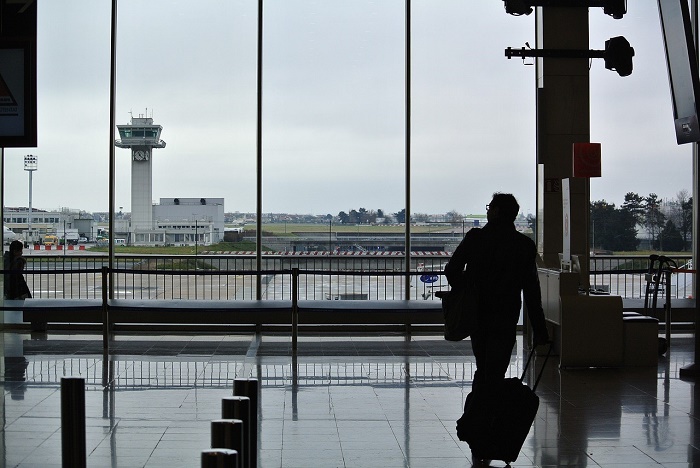Experts Are Urging Business Owners to Limit International Trips

Some experts are advising business owners must avoid post-pandemic international trips unless essential to income or operations to help curb climate change.
This follows results of a new US-UK Carbon comparison study that analyzed data gathered from a range of sources, including Myclimate.org and HM government. The political pollution study found that business travel accounts for around 16% of all tourism in the EU each year, with 30% of EU corporate travelers flying at least once a month.
EU and US leaders are still set to exceed climate change recommendations by a staggering 230 tonnes of CO2, despite a drop in emissions resulting from Covid-19 travel bans, per the study.
The average person still exceeds climate change targets by 7.8 tonnes of CO2 each year, while the tourism industry accounts for 8% of global warming. As such, business owners have been encouraged to restrict international trips wherever possible in an effort to reduce carbon emissions.
Business owners should avoid inessential trips abroad as the pandemic should encourage workers to travel more thoughtfully, expert advice reveals.
Restrict International Trips to Curb Climate Change, Save the Planet
According to EU recommendations, the maximum amount of CO2 that can be generated per person from flying is 0.6 tonnes. However, the average person currently generates 8.4 tonnes of carbon emissions each year - exceeding the target level 14 times.
Air travel is detrimental to the environment now more than ever as the number of airline passengers worldwide has doubled over the past two decades. This needs to be curbed, as each additional metric ton of CO2 shrinks the Arctic summer sea ice cover by 32 square feet.
A rise in travel and tourism has intensified business travel demand, while the globalization of organizations and continued SME growth has led to a boom in emissions caused by international flights, transportation, recreational activities and accommodation.
Ketti Whilhelm, Founder of TiltedMap, urges business owners to avoid unnecessary trips and blames social media for promoting excess, saying:
“All the uncertainty brought by Covid-19 makes this travel season a perfect time to try staying closer to home.
“Coronavirus will remind people to travel more thoughtfully - this means commuting and excess business trips, but also that nagging obligation of the Instagram era to always be going further away, to more exotic destinations – even if only for a short trip.”

Ways to Avoid International Trips and Lower Carbon Footprint
Alex Miller, Founder of UpgradedPoints, offers some practical advice for business owners to lower their carbon footprint if they must journey abroad. He recommends that workers:
- Consider more public transit use in place of taxis or private hire
- Offset travels with a carbon emissions “purchase", such as charity donations
- Fly less wherever possible, even if it means a longer layover time
- Stay in hotel chains that actively work to reduce carbon emissions
- Fly on airlines that prioritize offsetting their carbon footprint
As well as limiting international travel at a business level, climate change championing must be mirrored in politics in order to be effective.
Dr Andrew Welfle from the Tyndall Centre for Climate Change Research at the University of Manchester, says:
“Politicians and policy makers are overwhelmingly interested in increasing the economic performances of their constituencies, providing jobs, boosting local economies and with it wellbeing and satisfaction.
“Although the Covid-19 crisis has been devastating for many sectors, it also provides opportunities for both the government, prolific businesses and the public to pause and rethink – a period of reflection that could be highly valuable in our battle to reduce emissions.”






![81% of Brits Plan to Support Small Businesses this Christmas [Study]](/sites/default/files/styles/video_thumbnail_bottom/public/woman-shopping-small-business.jpeg?itok=SK3JqPQ_)












